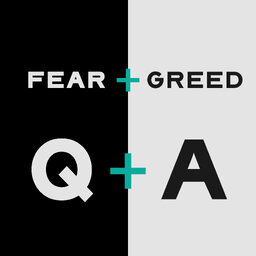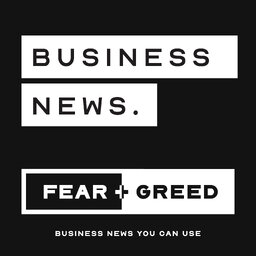Interview: VC boss predicting 'biggest tech disruption' since the 90s
Despite major volatility right now, tech continues to change the way we live and work at a rapid pace. So what's the next sector that will experience a major disruption?
Chris Barter, founding partner of King River Capital, believes "financial services is undergoing the beginnings of a disruption on a scale that will be even larger than ecommerce in the late 90s".
He discusses crypto, NFTs, blockchain and reveals his three key criteria for investing in a company.
In 1 playlist(s)
FEAR & GREED | Business News
Daily business news for people who make their own decisions, with business journalist Sean Aylmer an…Social links
Follow podcast
Recent clips

Hot growth triggers rate fears; ASX tumbles; overdose resistant drugs
24:48

Q+A: Why the Reserve Bank is in a pickle on rates
11:23

Afternoon Report | ASX plunges
05:16
 FEAR & GREED | Business News
FEAR & GREED | Business News